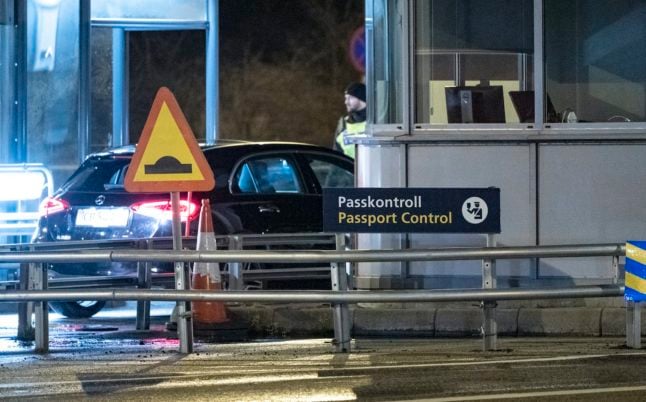Sweden's Migration Court of Appeal ruled that Andrei Myslivet should be granted a permanent residence permit, and not be deported as the Migration Agency had attempted to do based on the justification that his holiday and salary broke the terms of his initial permit.
The Migration Court of Appeal judged that Myslivet's overall conditions of employment met the requirements stipulated by Swedish law. The decision follows a number of victories for workers in similar cases recently. Earlier in May a mechanic avoided deportation over failing to formally take vacation time, and in December a landmark ruling was reached in favour of a pizza chef, who successfully fought off a Migration Agency decision to deport him over receiving a salary $55 below the minimum agreed in a collective agreement before his employer realized their error and compensated him.
MORE FROM THE LOCAL ON DEPORTATION CASES IN SWEDEN:
- Sweden loses battle to deport mechanic who took no holiday
- Landmark ruling could stop Swedish deportations over technicalities
- Swedish MP takes sales engineer's work permit rejection to parliament
Fredrik Bergman, head of public interest law firm the Centre for Justice who represented Myslivet, said the ruling further establishes a more nuanced approach in Sweden to court decisions over work permits.
“The Migration Court of Appeal has in several past cases made it clear that the Migration Agency for several years incorrectly applied rules on work permits. The question of whether a residence and work permit should be extended will now be determined through a nuanced and overall assessment,” Bergman told The Local.
“That overall assessment means errors made during the previous permit period shouldn't lead to deportation, provided the employer has corrected them and can give a reasonable explanation for the cause.”
Myslivet has been working as an insulation fitter in Sweden since 2012, but when he attempted to renew his residence permit the Migration Agency judged that he and his wife should be deported because his salary had for three months been too low, and his payslips did not indicate whether he took vacation in 2012 – thereby breaking the terms on which his permit was first agreed.
The Migration Court of Appeal ruled against deporting him however, referring back to the stance it took when ruling against the Migration Agency in the “pizza baker case” in December, where it was established that a more long-term overall assessment should be taken.
With that long-term perspective in mind, it accepted Myslivet's explanation for why his salary was lower for only three months of a four year period – he had worked fewer hours during those months and as a result did not match the monthly pay his employer had estimated in advance when applying for his permit. The appeals court also accepted his insistence that he had taken vacation in 2012 even if it was not stated on his payslip due to an admin error by his employer.
As such there are not grounds to deport him, and instead Myslivet and his wife should be granted a permanent residence permit due to their strong connection to the Swedish labour market, the Migration Court of Appeal concluded.




 Please whitelist us to continue reading.
Please whitelist us to continue reading.
Member comments